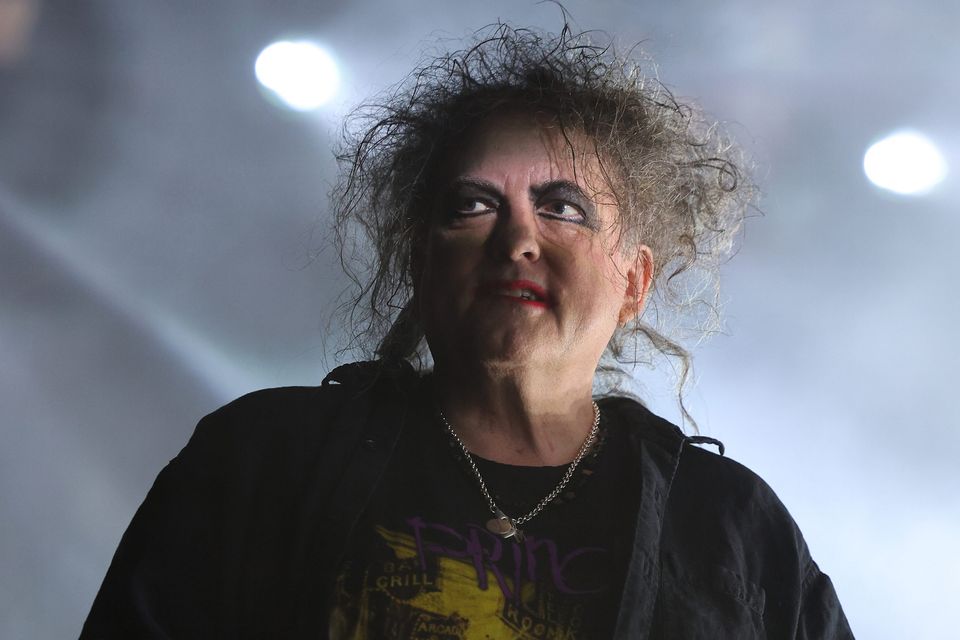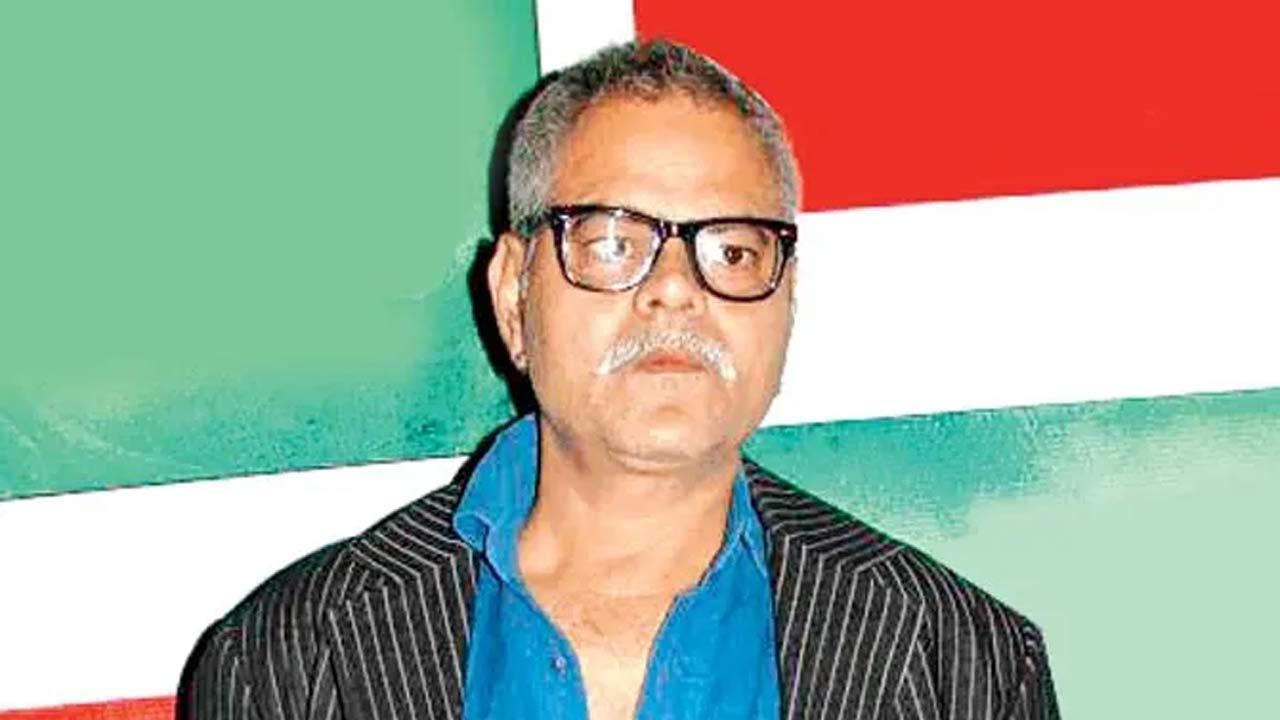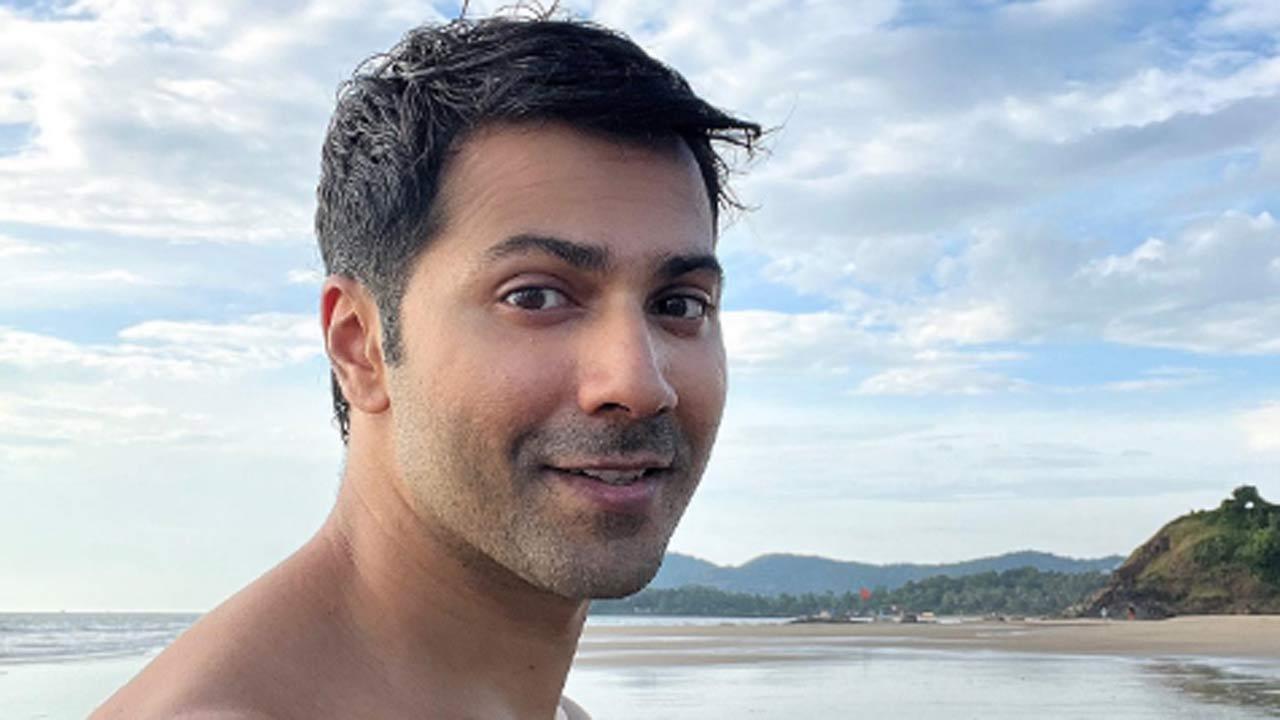
Album sales are not, of course, what they used to be, but many will have been tickled this week with the news that the Cure’s first album in 16 years is outselling the rest of the UK top 10 combined. Songs of a Lost World will be their first number one album in Britain since 1992’s Wish . That was arguably the most commercial Cure album of them all, but their latest offering has much more in common with Disintegration .
And that 1989 album is almost universally agreed to be the very best Cure album. The new one — which has been many years in gestation — has a similarly doom-laden outlook to Disintegration . That album was fixated by the passage of time as Robert Smith, then about to hit the ripe old age of 30, fretted about mortality.
Now aged 65, it’s a theme that’s all to real both to him and to those goth lovers who have been on the Cure journey since the end of the 1970s. Over the course of eight lengthy, stately, unhurried tracks, the veteran band deliver music that’s atmospheric, evocative and devastatingly effective. It’s an album that unfurls glacially, but it weaves a snare early on.
Opening song, Alone , is typical. The first three-odd minutes offers dense orchestral and shoegaze manoeuvres that sounds both hopeful and melancholy — two words that neatly sum up this album — before Smith’s vocals finally appear. ( Disintegration also features a lengthy instrumental intro.
) Smith sings of “stars grown dim with tears” and, unsettlingly, “birds falling out of our skies”. His voice seems utterly unchanged by time, as distinct now as it was in the band’s ’80s heyday. Every song boasts quotable lyrics and a sweet romanticism abounds.
“Every time you kiss me I could die,” he sings, touchingly, on A Fragile Thing . The gorgeously wrought And Nothing is Forever opens — after another long instrumental flourish — with Smith singing: “Promise you’ll be with me in the end/ Say we’ll be together, that you won’t forget.” The track soars, even when he notes: “I know that my world is grown old/ And nothing is forever.
” It’s an admission from a man staring down the barrel of pensionable age. Death and loss also permeate. The piano-led I Can Never Say Goodbye was written about his elder brother, Richard, who died a few years ago.
Richard, as Smith has often acknowledged, was the person who turned him on to a life of music as a boy, who helped him master those first guitar chords. He lays his emotion bare, recalling his sibling’s final few days. “He has to wake up/ Love slipping away/ Hear the bells beyond the sea, it’s almost too late.
” “When you’re younger,” he said, in a recent interview, “you romanticise [death], even without knowing it. Then it starts happening to your immediate family and friends and suddenly it’s a different thing.” It certainly is and it’s impossible to listen to this song without feeling an intensity of grief.
While the album is very much Smith’s worldview, it is unmistakably the work of a band in close harmony. Apart from Smith, only the bassist Simon Gallup remains from the Cure’s early years. But there’s an impressive roll-call of talent here, including guitarist Reeves Gabrels who founded Tin Machine with David Bowie.
Clichéd as it might be, this is an album that grows with each new listening. Anyone smitten by one of Britain’s greatest bands will have no difficulty playing it repeatedly. But it’s an album — one of 2024’s best — that needs to be heard by all music lovers.
Songs of a Lost World by the Cure Read more.














